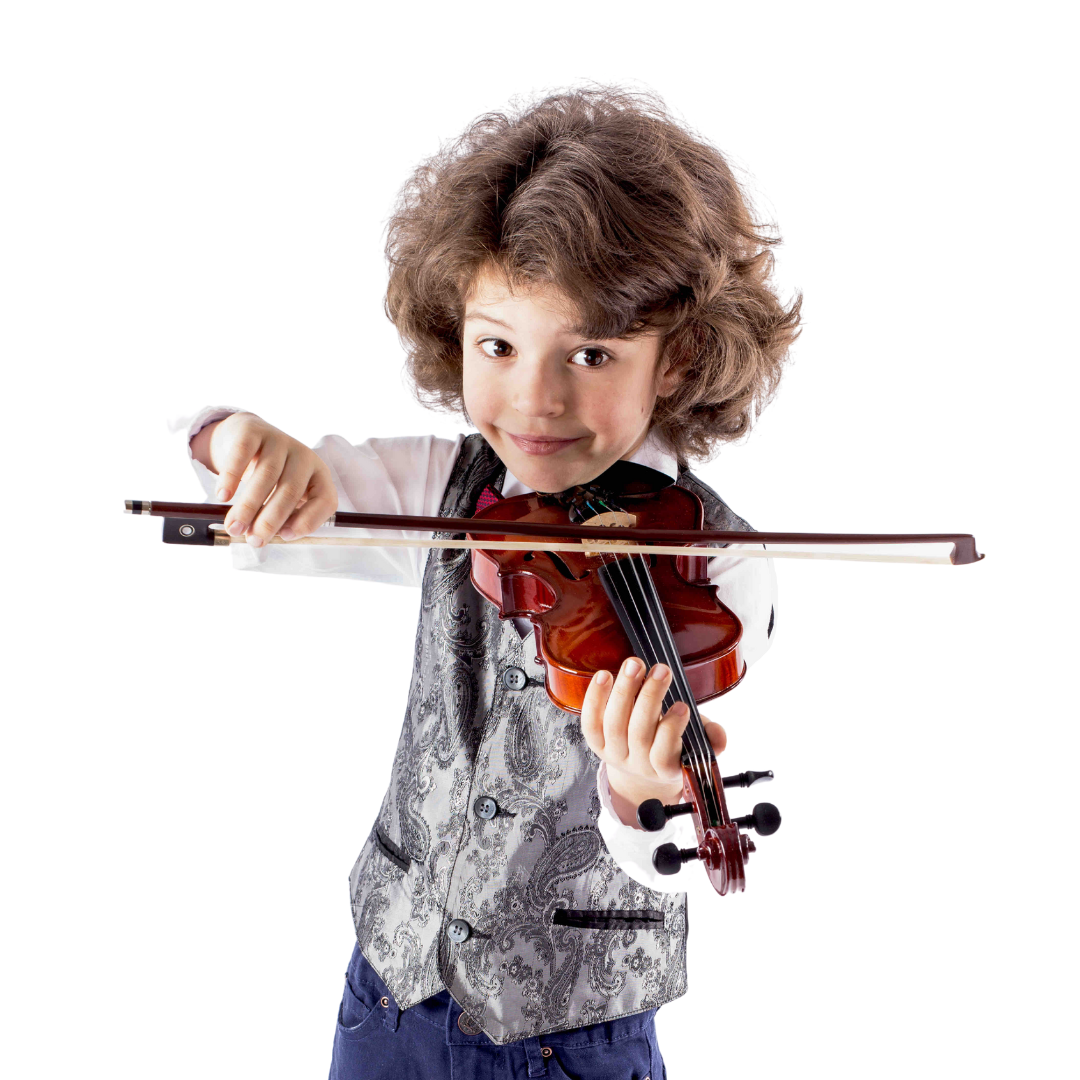How Can Music Help Your Kids’ Development
Music has long been recognized as an important part of human development, and this is especially true for children. From a young age, music helps kids develop a wide range of skills and abilities that will serve them well throughout their lives. In this article, we’ll explore how music can promote healthy development in kids and improve their outcomes.
The Benefits of Learning Music for a Developing Brain
Learning to play an instrument offers more than a fun activity for a kid to enjoy. It can also help a child’s brain develop more effectively. The brain of someone who plays music becomes noticeably altered in a way that helps improve processing for a wide range of activities from language to math. Here are just a few of the ways learning music can help promote healthy development in the brain of a child.
Improved Language Processing in the Brain
There is evidence to suggest that learning music as a child can have a positive impact on language processing in the brain. These improvements likely stem from overall improvements in auditory processing skills. Auditory processing refers to the ability to interpret and make sense of sounds, including the sounds of speech.
Studies have shown that children who learn to play a musical instrument tend to have better auditory processing skills than those who do not. This could be because playing an instrument requires auditory skills such as pitch, melody, and rhythm.
Another way in which music may help with language processing is by enhancing the brain’s ability to process and organize sounds. By learning music, children are required to process and coordinate a variety of sounds and rhythms, which may improve their ability to process and organize sounds in other areas of their lives, including language.
.

Higher IQ Scores
Learning music as a child may be associated with higher IQ scores. Music may improve IQ scores by enhancing cognitive skills such as memory, attention, and problem-solving.
When children learn to play a musical instrument, they are required to use a wide range of mental processes, including memory, attention, and problem-solving. This can help improve their overall cognitive abilities.
In addition to the specific cognitive skills that music may improve, it has also been shown to have a generally positive effect on brain development. Engaging in musical activities has been shown to increase brain plasticity, or the brain’s ability to adapt and reorganize itself in response to new experiences. This increased brain plasticity may contribute to improved overall cognitive functioning, including higher IQ scores.
Neural Activity Growth
Neural activity refers to the firing of neurons, or nerve cells, in the brain. When neurons fire, they send electrical and chemical signals to other neurons, which allows them to communicate and process information. Some studies suggest learning music as a kid can increase neural activity growth.
Some experts believe the enhancement in neural activity stems from the way learning music requires a child to think in new ways. Children in music classes need to process and coordinate a variety of sounds and rhythms. This unique balance between coordination and intentional playing can lead to an increase in neural activity.
One study conducted by Ellen Winner found alterations in brain scans of children who spent a little over one year in weekly music classes. They also tested the students’ sound discrimination and fine motor skills. During these tests, they found noticeable improvements as well as increased activity in the portions of the brain related to these tasks.
Improvements in Spatial-Temporal Skills
Spatial-temporal skills refer to the ability to understand and manipulate spatial relationships and to understand and manipulate the passage of time. A wide range of activities require these skills such as math, science, and engineering, as well as everyday tasks such as driving a car or navigating a new environment. Some studies suggest learning an instrument may improve these spatial-temporal skills.
Known as a phenomenon known as the Mozart effect, it’s thought that musical abilities and spatial abilities share activity in the brain. So, improvements in musical abilities can also enhance a kid’s spatial-temporal skills as these two activities both work the same portions of the brain.
Essentially, the way the brain processes sounds and rhythms is very similar to the way the brain processes spatial and temporal information. As a result, practicing music can make it easier for children to excel in math and science classes that heavily rely on a child’s spatial-temporal skills for problem-solving.
Conclusion
Beyond providing entertainment to children, learning music can help kids improve fundamental skills by promoting brain development. Playing an instrument and critically listening to music stimulates a wide range of brain regions. This stimulation improves the neural connections in these brain areas which can make it easier for children to learn other skills. From higher IQ scores and neural activity growth to improvements in language processing and spatial-temporal skills, getting your kid into learning an instrument gives them more than a lifelong passion.
The Little Mozart blogger team
